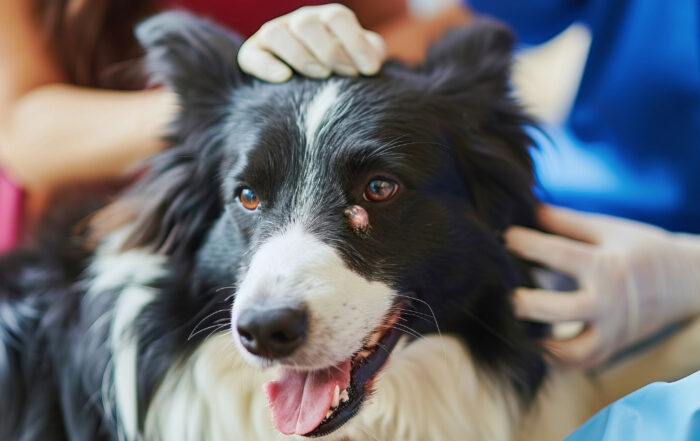What to Do If Your Pet Has a Seizure

Quick Quiz! What is the first thing you do when your pet has a seizure? See how well you know your pet’s health:
A) Call the vet
B) Try to stop the seizure
C) Stay calm and time it
ANSWER
Seizures can be a frightening experience for both pets and their owners, but it’s important to stay calm. Most seizures are brief, but if your pet experiences one, it’s always a good idea to have a vet evaluate them for any underlying conditions. Here’s what to do if it happens to your pet:
If your pet has had a seizure before or you are worried about their health, contact us at Ally Urgent Veterinary Care—early intervention can make all the difference. Our team is here for you, with two clinics serving Virginia Beach and Chesapeake/Northeastern North Carolina. Call us at 757-900-ALLY (2559).
Recent Posts






